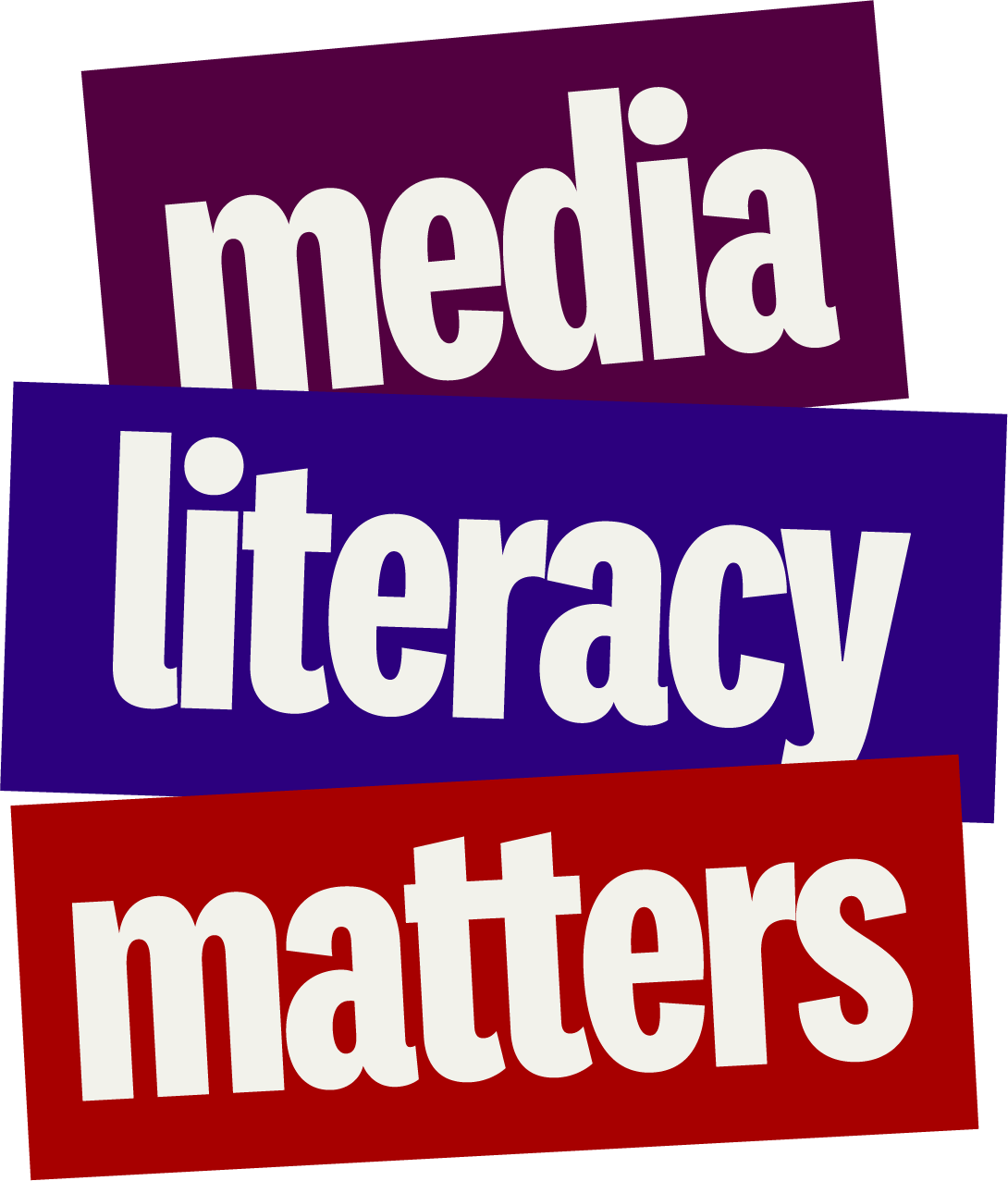The European Digital and Media Literacy Conference in Brussels puts the many faces of digital and media literacy in the European spotlight during the Belgian EU presidency. The conference is focused on showcasing and exchanging initiatives, tools, projects and practices that can be integrated into your own work or policy. Meet and connect with professionals from around the EU and from all policy levels. Let’s strengthen European cooperation and the future of Digital and Media Literacy!
This conference is organised under the auspices of the Belgian presidency of the Council of the European Union 2024 as part of the European Digital and Media Literacy Conference week.


